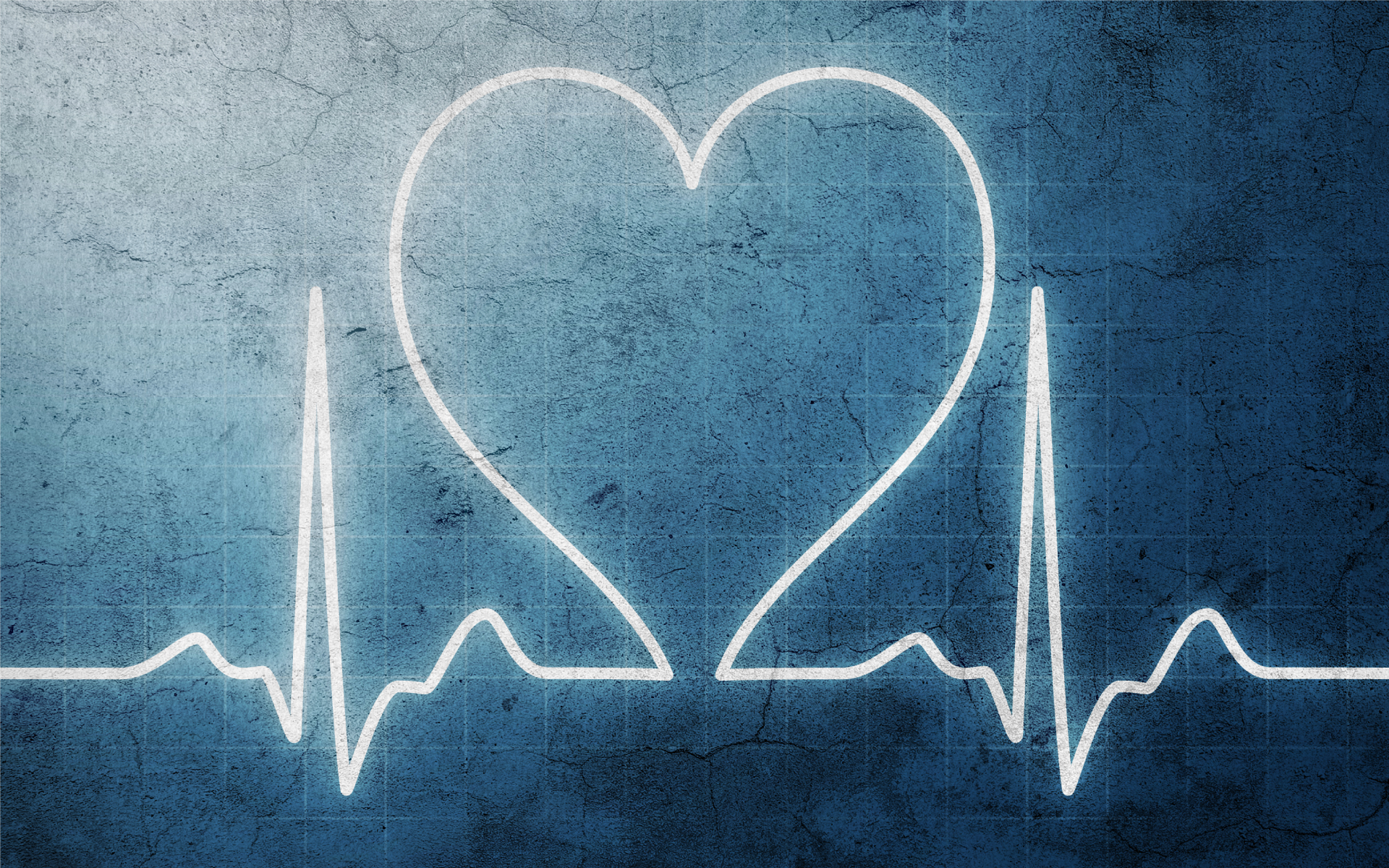It sounds like a line from a love song, but it’s a question the world’s top cardiologists have been asking for years. The answer is: yes, you can… but you don’t have to
A heart-breaking event, like the death of a loved one, can literally break your heart. The medical condition known as “Broken Heart Syndrome” or Takotsubo Cardiomyopathy (TTS) is characterised by a temporary disruption of the heart’s normal pumping function, and it’s believed to be the reason so many elderly couples die within a short time of each other.
Physiologically, what happens in Broken Heart Syndrome is that the heart’s left ventricle (its main pumping chamber) suddenly weakens, causing it to enlarge temporarily while other parts of your heart beat more forcefully to compensate. This causes your heart to change shape – possibly fatally. (That’s also where the name comes from: tako-tsubo are Japanese octopus traps, which have a similar pot-like shape to the damaged heart.)
What actually happens?
Broken Heart Syndrome is often misdiagnosed as a heart attack because the symptoms – which include chest pain, difficulty breathing and dramatic changes in heart rhythms – are so similar. Doctors used to think that the damage was temporary and that, as with a metaphorically broken heart, TTS sufferers would eventually recover. However, research from the University of Aberdeen found that the condition permanently affected the heart’s pumping motion, replacing parts of the heart muscle with small scars that reduce its elasticity and prevent it from contracting properly.
Researchers have now also made a clear link between depression and TTS. A 2019 study by the University Hospital Zurich found that, in people who develop Broken Heart Syndrome, the areas of the brain responsible for controlling the stress response don’t function as well as they do in people who don’t have the condition.
Meanwhile, global research published in the Journal of the American Heart Association found that one in six people with Broken Heart Syndrome had cancer, and that these people were more likely to die within five years of diagnosis. Backed by years of gender-based research, Harvard Medical School studies show that more than 90% of reported Broken Heart Syndrome cases occur in women aged 58 to 75.
What can you do?
In the immortal words of the Bee Gees: How can you mend a broken heart? There’s no standard treatment for Broken Heart Syndrome, but depending on the severity, it could include medicines like ACE inhibitors (to lower blood pressure), beta blockers (to lower heart rate), diuretics (to decrease fluid build-up) and anti-anxiety medication (to reduce stress).
Many patients make a full recovery within a month or so, but – as with all things – prevention is always better than cure. Strengthen your heart by knowing how to cope with stress or sudden traumatic events, and look after your heart both physically and emotionally. As the Cleveland Clinic points out: “There are no known treatments for preventing Broken Heart Syndrome but learning stress management, problem-solving, and relaxation techniques can be helpful in improving both psychological and physical health. Managing stress can also be improved with physical exercise and anxiety medications.”
Even then, though, unspeakable heartbreak could end up breaking your heart. The trick, if there is one, is to teach yourself coping techniques that will help you to deal with life’s unexpected events.

Leave a Reply